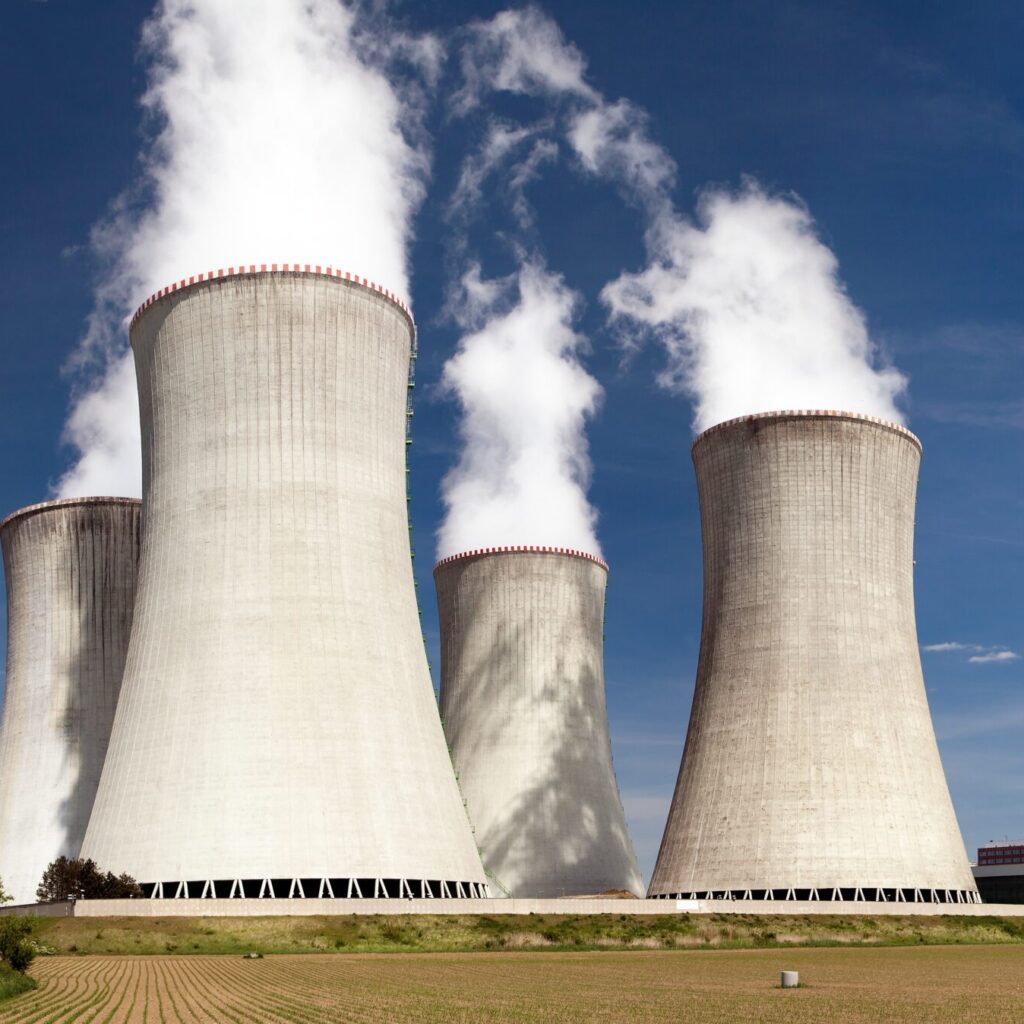Lithium is currently the most commonly used metal for batteries because it enables a relatively high energy density. However, sodium batteries are increasingly becoming an attractive alternative: Sodium is available in unlimited quantities as a salt of the oceans (sodium chloride NaCl) and can be extracted without causing environmental damage. Sodium batteries are also characterised by a high level of safety, as they are less flammable. However, sodium batteries also have disadvantages due to their lower energy density. They are more suitable for stationary applications.
Resourceful Researchers in a Race
Market forecasts from Bloomberg and McKinsey predict that the battery market will grow several hundred billion times over. The brightest minds are working with huge R&D budgets to eliminate the disadvantages of sodium batteries – low voltage and corrosion of the cathode (service life). In fact, great successes have now been reported. The first cars with sodium batteries are already on the road in China. The industry leader BYD is investing more than USD 1 billion in a large production plant. The other industry leader, CATL, wants to reduce the cost per kilowatt hour to $57 with a new generation of sodium batteries. A car battery would then cost less than $5,000. Research is going in various directions, and experiments are also being carried out with other inexpensive metals (magnesium, aluminium, zinc). There are great expectations for solid-state batteries, for example, which boast greater energy density and improved safety. The first factories are already under construction and should be supplying safe, high-performance batteries as early as next year.
Significance for Carnot
Battery prices have been falling slightly for years. However, with the emergence of new materials and technologies, a significant price reduction is now imminent. Due to the high capital intensity and major technology risks, battery production remains unattractive for us as investors. Nevertheless, the significant reduction in battery prices is relevant for us, as it makes the combination of renewable energy and storage cheaper. This triggers further investments in the conversion of the energy supply, where our portfolio companies are involved – from engineering, technology and installation through to system control and optimisation (AFRY, Concentric, ABB, etc.).
Did You Know?
700,000 tonnes of cheese are stored in American caverns. That is more than three times Switzerland’s annual production.


